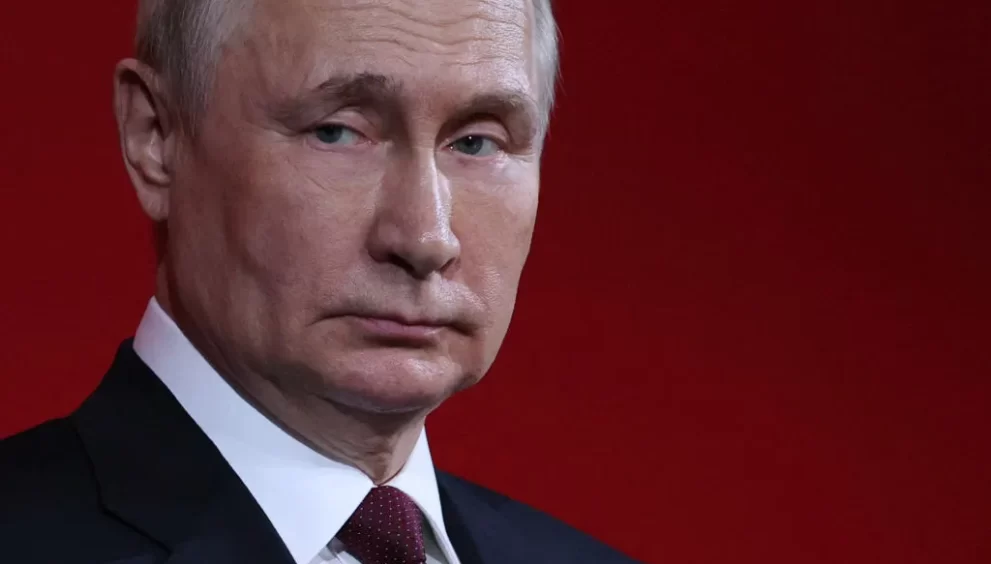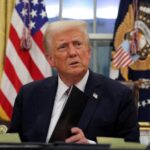President Vladimir Putin stated in a recent televised interview that Russia possesses the necessary strength and capabilities to see the war in Ukraine through to its intended conclusion. However, he expressed hope that nuclear weapons would not be needed in the process.
The conflict, which began in February 2022 when Russian forces entered Ukrainian territory, has become the largest land war in Europe since World War II and has significantly deepened tensions between Russia and Western nations. The fighting has resulted in massive casualties on both sides.
In a documentary marking his 25 years at the helm of Russian politics, Putin addressed questions about the potential for nuclear escalation. Sitting near a portrait of Tsar Alexander III, known for his autocratic rule, Putin claimed that outside forces sought to provoke Russia into rash decisions. He emphasized that the use of nuclear arms had not been necessary and expressed his hope it would remain that way.
“We have sufficient power and means to bring what was initiated in 2022 to a conclusion that meets our national objectives,” he stated.
Meanwhile, U.S. President Donald Trump has voiced repeated frustration over the prolonged nature of the war, describing it as a “bloodbath” and calling for a swift resolution. Nevertheless, Russian officials argue the complexity of the situation defies simple solutions.
Leaders in the U.S. and Europe, as well as Ukrainian authorities, view the invasion as an attempt by Moscow to seize territory by force, likening it to 19th-century-style imperialism. They have pledged continued support for Ukraine until Russian forces withdraw from occupied areas, which currently account for roughly 20% of the country.
Putin, for his part, characterizes the conflict as a defining moment in Russia’s modern history, claiming the West has long sought to undermine Moscow, especially through the eastward expansion of NATO since the fall of the Berlin Wall.
Trump has warned that the situation could spiral into a global war, while former U.S. intelligence officials have previously cautioned about the possibility of Russia considering nuclear options, though Moscow has dismissed such speculation.
A Quarter-Century in Power
Putin, who took over from Boris Yeltsin at the end of 1999, has now led Russia longer than any Kremlin leader since Joseph Stalin. Critics, many of whom are imprisoned or living in exile, describe him as an authoritarian ruler who has built a fragile system rooted in personal loyalty and corruption. They argue it is pushing Russia toward instability.
Supporters, on the other hand, praise him as a stabilizing force who stood up to Western influence and restored order following the chaotic collapse of the Soviet Union in 1991. Surveys by Russian polling organizations indicate he still enjoys high approval ratings.
The state-produced film featured rare glimpses into Putin’s routines, including scenes of him offering treats and drinks to a Kremlin journalist in his private kitchen. He recounted a moment of personal prayer during the 2002 Moscow theater hostage crisis, describing it as a turning point in his life.
Reflecting on his decades in office, Putin remarked, “I don’t see myself as a typical politician. I still breathe the same air as millions of our citizens. That’s very important to me. Hopefully that continues for as long as possible.”



